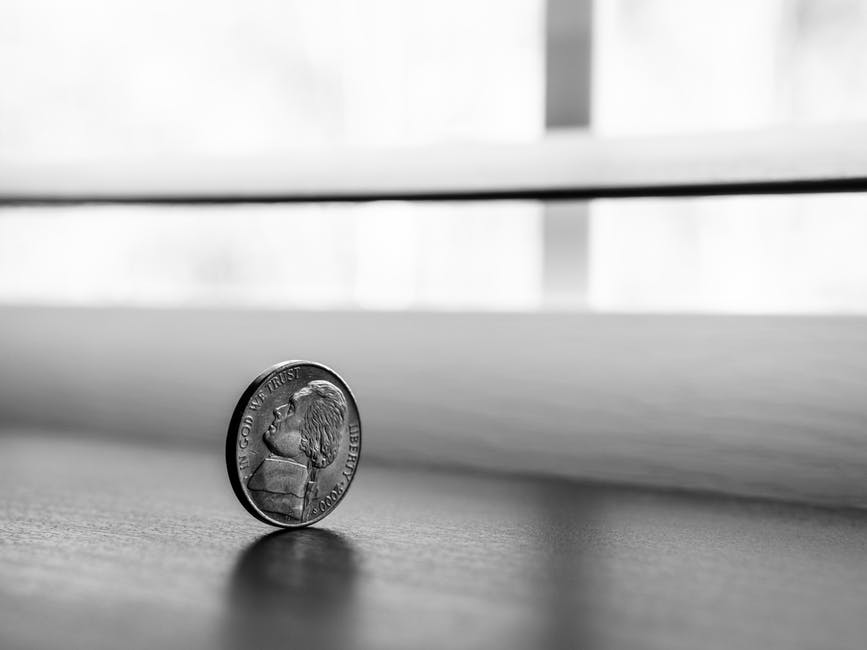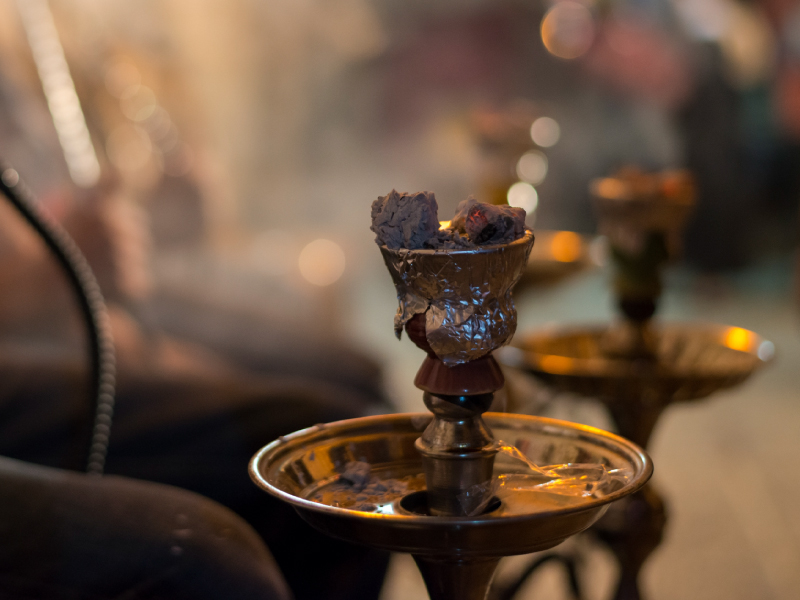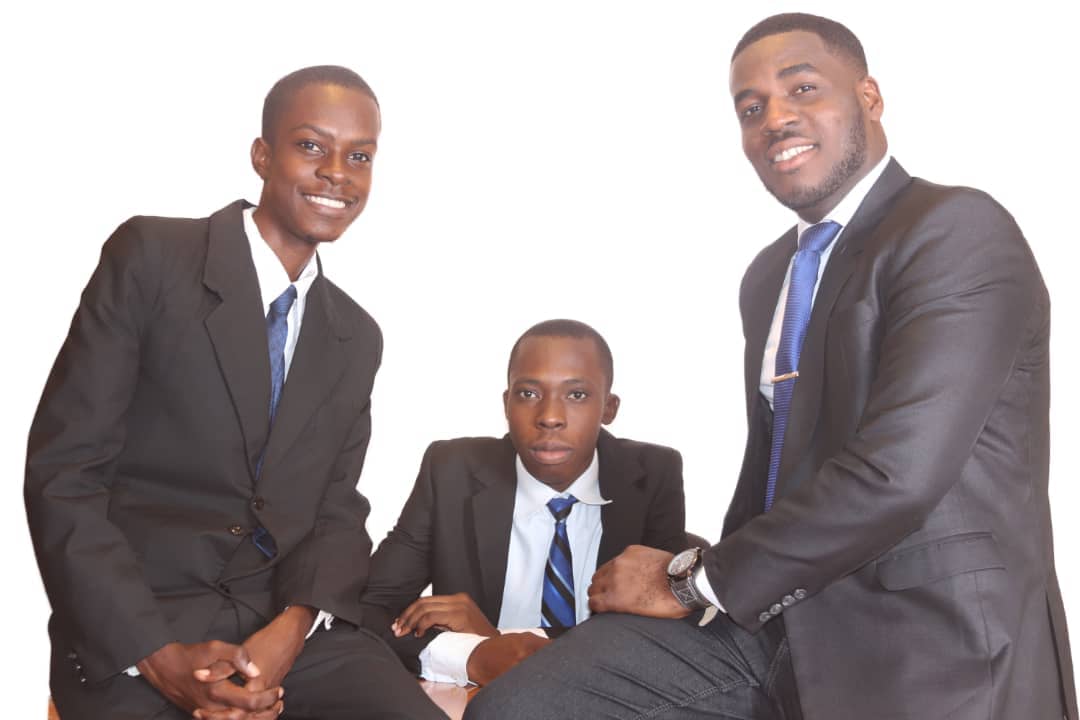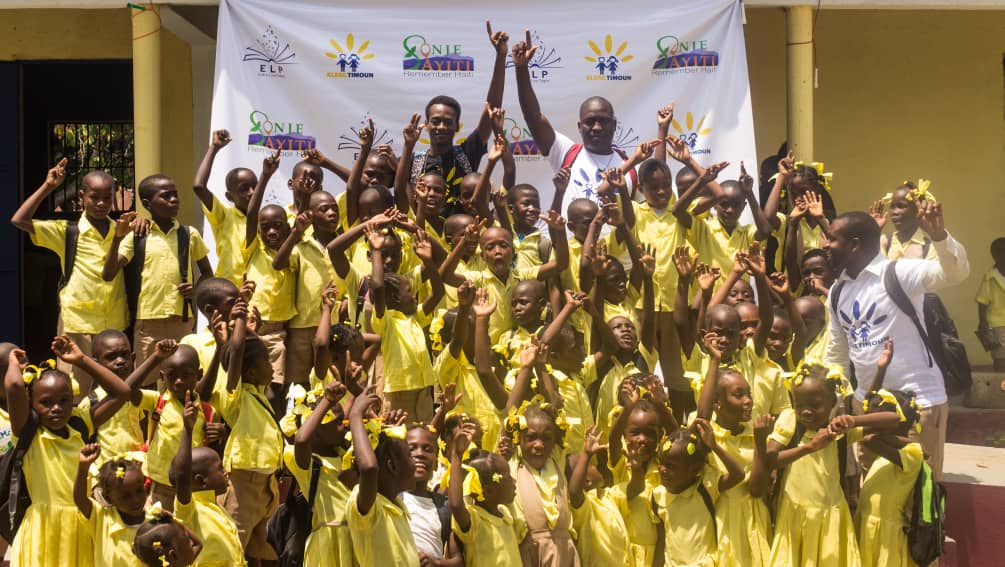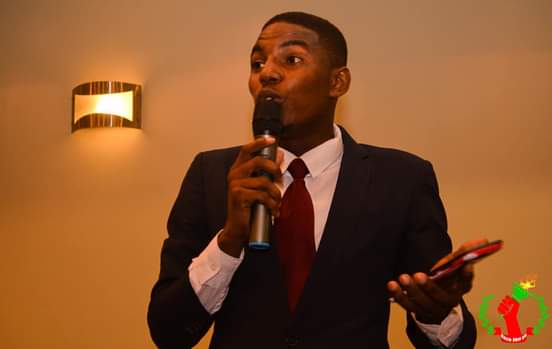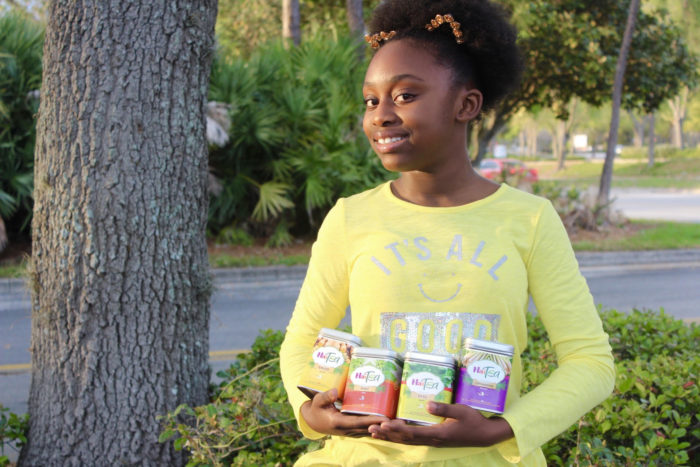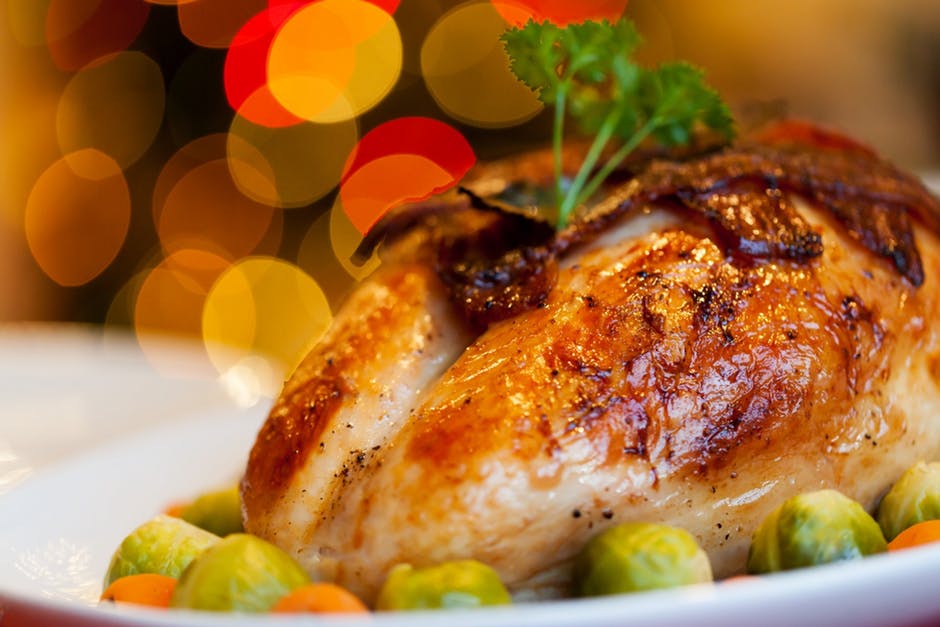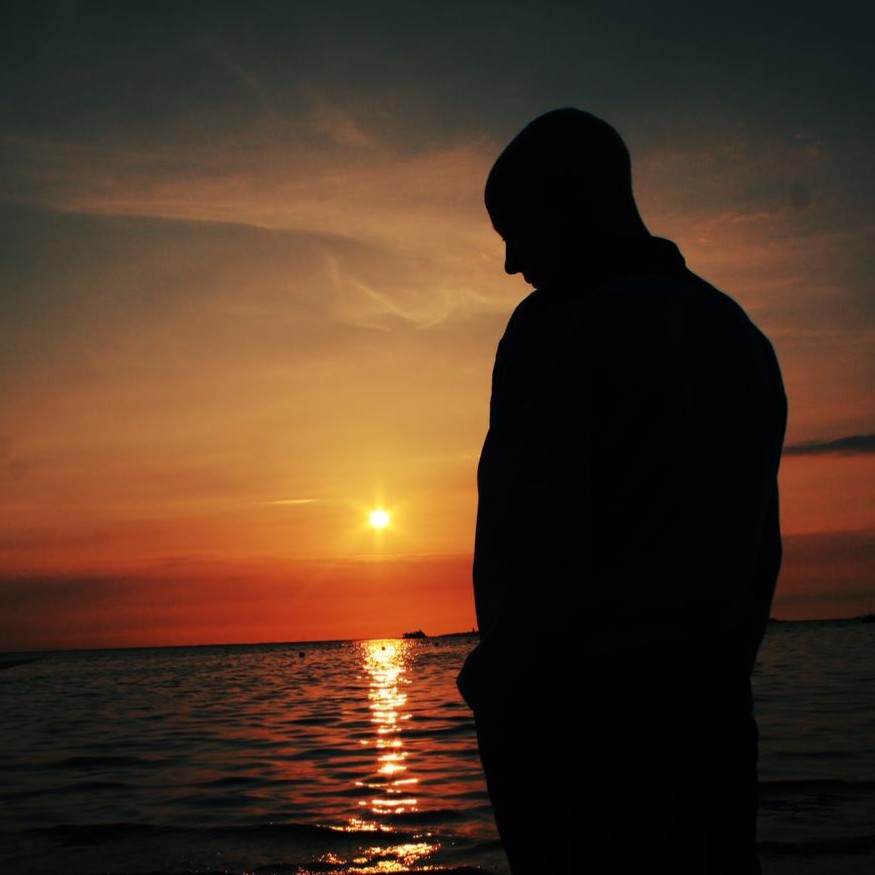
Lessons We Should Learn From Losses
People die every day, but since this pandemic has taken control over the world, casualties have skyrocketed. Do you feel affected by these tragedies? You probably do. But would you say you feel sorry if this or some other form of loss happens to you? I am afraid you wouldn’t. Because you are directly involved, your emotions shift from being sorry to being sad. Devastated. Or even lost. Losses hurt because we are emotional beings. They hurt because we are connected to the subject matter , animal, or person we happen to lose.
From that connection we create with family, friends, or peers, they become a part of us. They become what we wish not to lose, even if we know that somehow, somewhere, at any given moment, something can happen to break that relationship. Because of our emotional predisposition of belonging and possession, the closer you are with someone or a subject matter, the harder it is to break that bond.
Some fairly classic illustrations of relationships─friends or lovers─ always come to a striking conclusion that breakups are not evenly experienced by the two people concerned. One of the two is logically more sentimentally bound to the other. One is more involved, more attentive, more careful than the other. And when this relationship comes to an end, the emotionally-driven person feels it harder, takes more time to heal, or never does.
A loss is a fact, and whether we can prevent it or not, the pain or anger or regret that comes with it is an emotional reaction. And since we can control our emotions, we can control how much we feel about the loss, theoretically. But, can you tell a young mother who lost her child at a young age to live a quiet life as if nothing happened? Or, can you expect a young black man who was unfairly sent to prison to feel peaceful with the judicial system? Would you expect an athlete to keep trying even if they fail on numerous attempts? Not all losses heal the same way. Not all losses heal at all. And as long as we care, love, cherish, feel, embrace, protect and make sacrifices for the things that matter the most, for the people in our lives, a loss will always taste bitter and may cause us to change in many different ways.
No matter how hard we’ve been hit by a loss, life goes on to either make us enjoy great moments or teach us unforgettable lessons. Losses teach us to improve ourselves, to get better in areas we are poorly efficient, and to create stronger relationships with those we care about. Losses teach us that real bonds don’t break. But the most important lesson is to fully live your life while you can, enjoy the presence of others, engage in uplifting and constructive relationships so that when they no longer exist you don’t spend the rest of your life with regrets. If losing what we love is a part of the journey, then we should enjoy our journey loving what we have.


